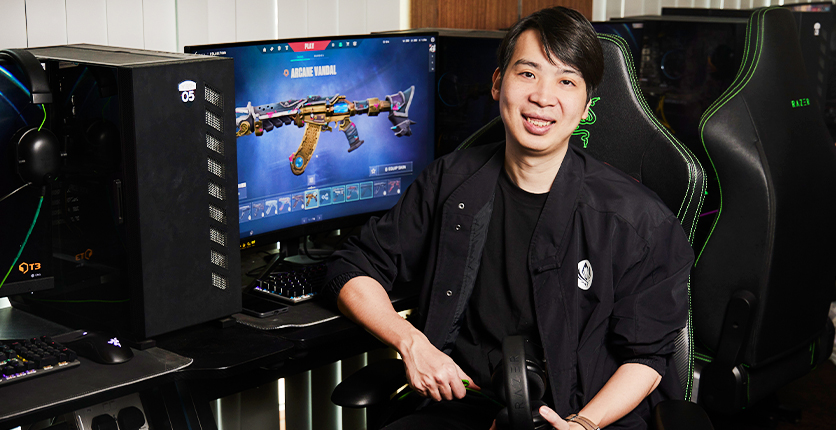NSmen Gamers unite! For many, video games mean way more than just defeating monsters or clearing objectives. It opens another virtual dimension where imagination knows no bounds. They can be whoever they want to be and do whatever they want to do. It’s akin to a second home away from the confines of reality.
But there is a whole myriad of genres to choose from, and it is just infeasible for us to play them all, despite wishing that we can!
So, we asked Lee Jian Ming, founder and Managing Director of Zenway Productions, a company that organises e-sport tournaments, as well as a member of SAFRA’s Tech Club, for his take on the evolution of video games and its many subcategories. Jian Ming has been a gamer since he was 4 years old and has organised professional tournaments like Mobile Legends Bang Bang Professional League.
With this detailed guide, you can decide on the perfect gaming category for you!
The origin of video games
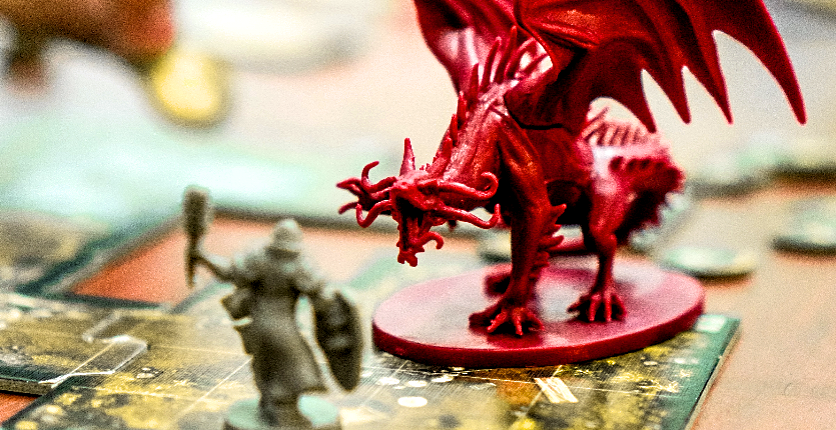
No one expected the classic Dungeons & Dragons trope to be the gaming realm’s most definitive game, with its massive open worlds, heavily customisable character building and sensational storytelling.
For the uninitiated, Dungeons & Dragons, Father of Role-Playing Games (RPGs), started out as a tabletop board game that relied heavily on the imagination and curated narrative of a designated Dungeon Master. Players would start out creating a character based on archetypes set out by a rulebook (yes, Dungeons & Dragons has its own rulebook that it updates regularly). You’ll be surprised how gamers can spend hours just customising their characters.
Then, you set off on a journey typically at the onset of a catastrophic conundrum induced by an all-mighty antagonist. Perhaps it’s a colossal dragon that threatens the very existence of the realm. Or an enigmatic cult that is destabilising an entire kingdom. Unlike conventional games, RPGs do not adhere to a predetermined playstyle so really, its scope can be immense with an inventive and inspired Game Master. Today, that role is undertaken by gaming developers, and many games have embraced the RPG framework for boundless world-building.
1. Massively Multiplayer Online Role-Playing Games (MMORPG)
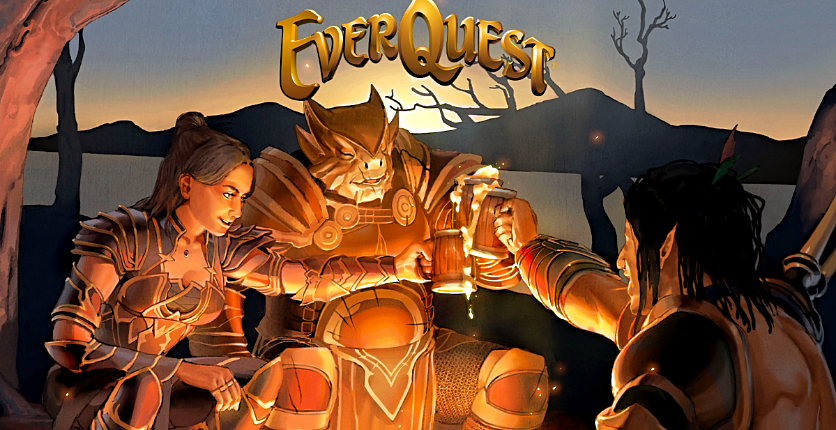
This once niche subgroup of RPGs grew exponentially with the advent of EverQuest. The very first MMORPG to successfully introduce a 3D-rendered world that is seamlessly connected, EverQuest revealed a desire by gamers for an online fantasy role-playing game that is filled with quests, dungeons, and faction battles.
Players yearn for a world where they can group up with like-minded gamers, according to Jian Ming. “There are just so many facets to MMORPGs – optimal gear ups, guild raids, quest farming and massive bosses – that the realm feels like it’s growing alongside the player. The camaraderie that is cultivated by guilds and party groups is also an invaluable part of the game’s interconnectivity.”
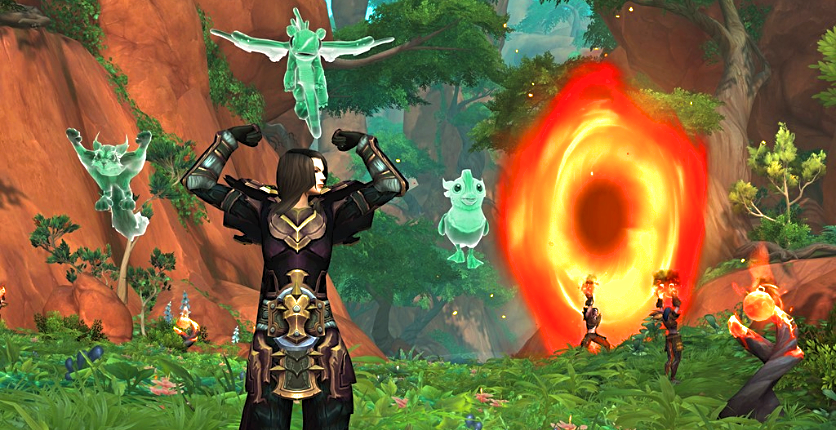
This is illustrated best by contemporary MMORPGs which have enjoyed prolonged success and a staunch fanbase, like World of Warcraft (WOW), which has a whole 3-series saga planned for the next 6 years. “There will never be another MMORPG like WOW,” says Jian Ming. “Its ability to modernise a gameplay for the contemporary player is truly astounding for a game that is almost 20 years old. This is probably why its fanbase is as impassioned about it as it was when it first released.”
While other gaming studios have thrown their hats into the mix, such as Final Fantasy 14, New World and Elder Scrolls Online, none have managed to surpass World of Warcraft’s player count, which is estimated to be 9 million players globally.
2. Single-Player Role-Playing Games (RPG)
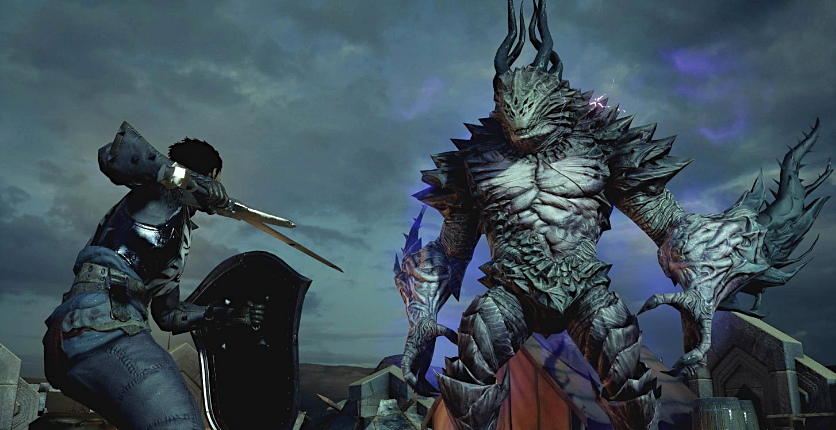
It is a Herculean task to fashion a world that can accommodate the inclinations and wants of millions of players. There is a need for a personalised sandbox where the player’s agenda and decisions have influence on world-building.
The Dragon Age and Mass Effect series best encapsulate the sensory wonders of pure role-playing. Its open-ended narrative allows for a myriad of outcomes to the same quest, fight, and interaction, resulting in unprecedented replayability that feels fresh and novel.
It also caters to a broad spectrum of moralities. For example, an elven tribe is overrun by an encroaching horde of werewolves. Sure, you could heroically defend the tribe without question – or leave them to their ominous fate.
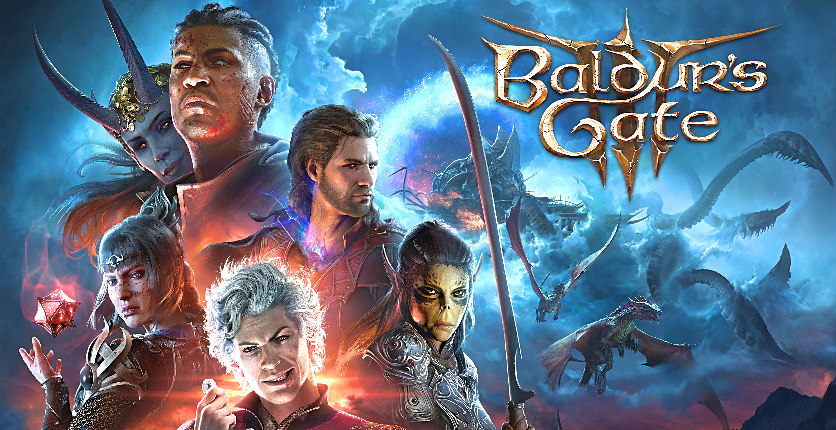
Modern and prolific titles like Baldur’s Gate 3, Cyberpunk 2077 and Starfield do well to showcase the potential of unrestricted role-playing and variable storytelling, each selling millions of copies since their respective releases. The interplay between cinema and video games is also more evident.

Cyberpunk 2077’s latest expansion features the voices and motion captures of actors Keanu Reeves and Idris Elba.
To Jian Ming, the very core of good game design is the relevance of the player’s progression and inclinations. “While open concept games are popular, it isn’t as important as content that a player can relate and react to.”
3. Action Role-Playing Games (ARPGs)
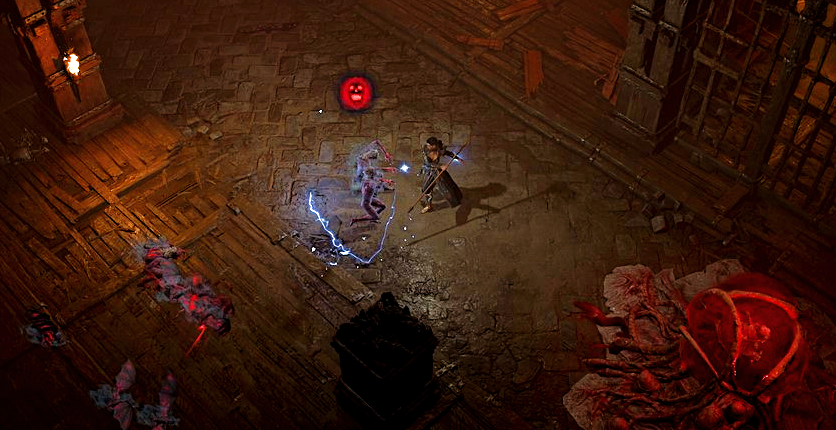
While the terminology itself is broad, ARPGs are typically characterised by their top-down perspective (though not limited to this genre) and fast-paced environment. They are catered more to a crowd who are focused on character progression, legendary rewards, and cumulative power spikes.
In fact, modern technology has enabled studios to implement procedural generation of maps and challenges, ensuring that no one challenge or environment is the same.
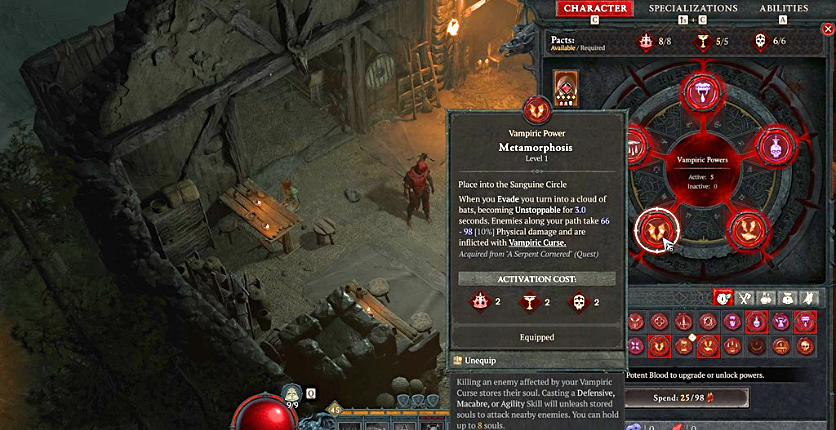
Though the Diablo series has long been the genre leader, its fourth instalment received mixed reactions due to an uninspired gameplay loop and unpredictable loot drops. Still, it remains the one to beat!
“Diablo 1 and 2 are definitely top contenders for me. They were my go-to games when I was a teenager. Sadly, the third and fourth instalments fell short of expectations,” says Jian Ming.
There has also been a recent influx of newer titles, with the introduction of Path of Exile 2 and Lost Ark.
4. Social Simulation Games
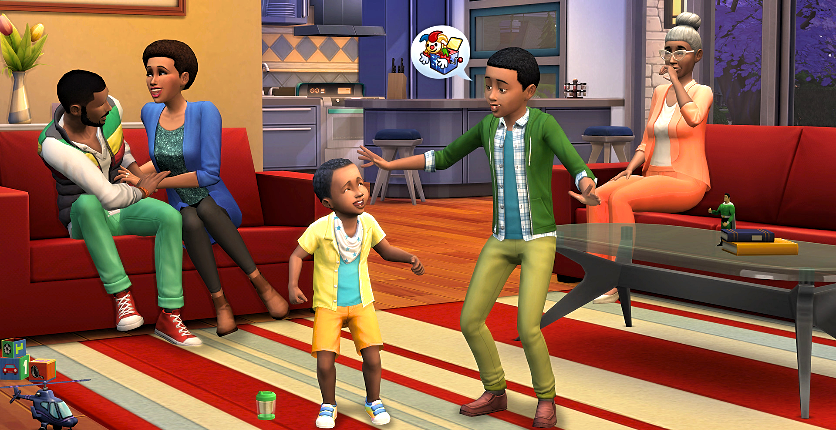
When The Sims was first introduced in 2000, it took the world by storm. Games then were often oriented around fixed narrative plots. There were rarely games that alluded to everyday slices-of-life.

The Sims invented a whole category that appealed to gamers who wanted an alternate realm that wasn’t too detached from our realities. Like us, Sims (virtual playable characters) must eat, sleep and shower. They too required jobs to earn a wage, as well as homes to live in. Essentially, you are the storyteller and they are the actors and actresses of your curated tale.
Jian Ming was working in Electronic Arts, the publisher of the Sims series, for two years. “I remembered playing a lot of SimCity as a teenager,” he remarks.
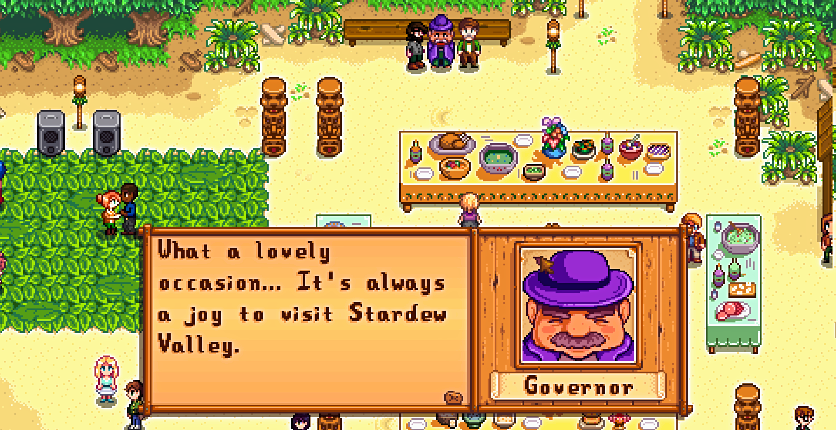
Even now, the success of the Sims series is unparalleled. The entire franchise has sold over 200 million copies, with a multitude of downloaded content to expand your Sim’s lifestyle options. Of course, you also have fan favourites like Stardew Valley and Animal Crossing, which are appealing in their simplicity and adorable characters.
5. First Person Shooter (FPS)
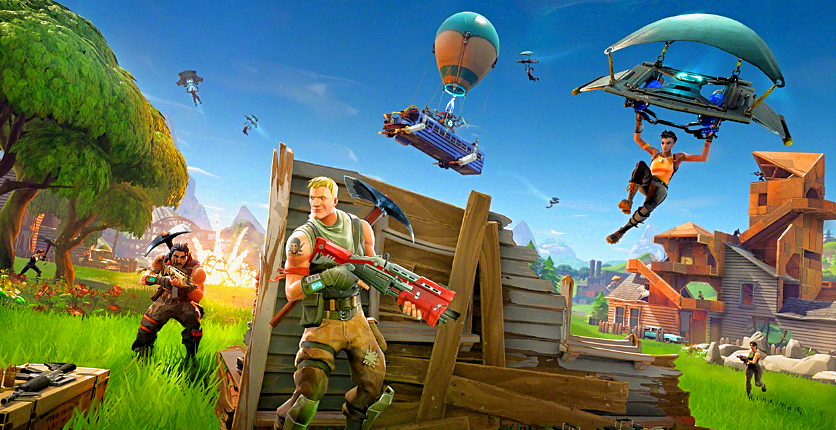
The classic representation of video games, conventional FPS titles often entailed quick and straightforward matches that pit two teams of “soldiers” against one another. Whichever team scores the most points (measured by number of kills and attained objectives) wins. Recent FPS games have integrated RPG elements into the mix, providing players more options than just guns and bullets.
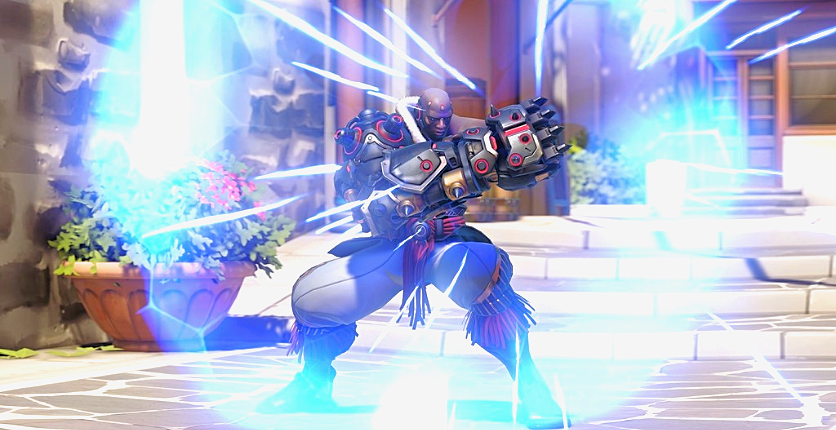
Overwatch and Valorant provide you fantasy-inspired archetypes, such as an evasive sniper with a grappling hook or an erratic demolitionist who overwhelms his foe with a barrage of mini bombs. Fortnite incorporates interactive world-building by allowing players to construct bases on-the-go. While storytelling isn’t exactly this genre’s strongest characteristic, it promises fun that is easy to learn, and quick to execute.
6. Multiplayer Online Battle Arena (MOBA)
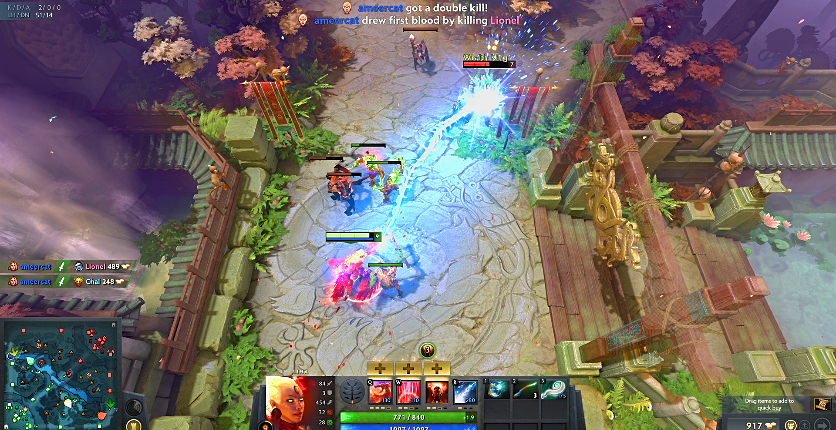
Once known solely as Defense of the Ancient (DOTA), the game’s immense popularity expanded what was once a fan mod into a fully-fledged genre. Now dominated by League of Legends and Dota 2, the field is maintained by a deeply passionate community of players who love its strategic depth and watchability!
“League of Legends and Dota 2 are incredibly timeless games that have amassed a huge following. In my opinion, there will never be better alternatives when the genre is already dominated by two huge MOBA moguls,” says Jian Ming.
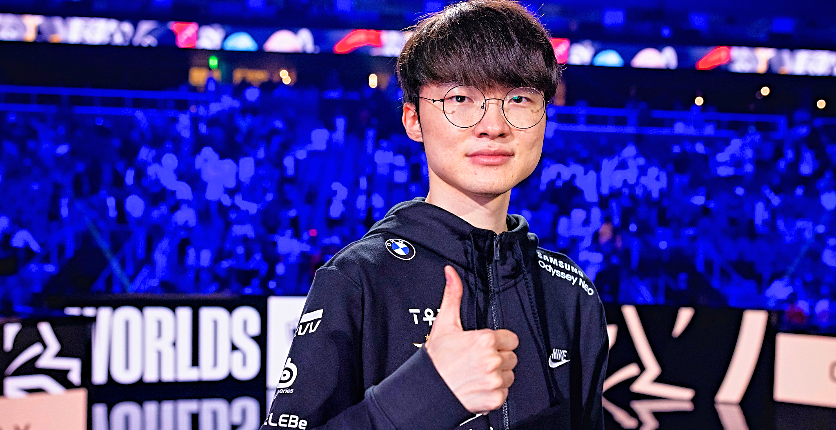
Both games come with a unique roster of playable heroes and champions that you’ll pick to synergise with other members in your given team. While the virtual arena is typically static, it promises a host of strategic options that is further complicated by distinct mechanisms and objectives.
The learning curve may be steep, but with it comes an endless loop of strategic decision-making that will both challenge and intrigue any player.
Join a group of fellow gamers
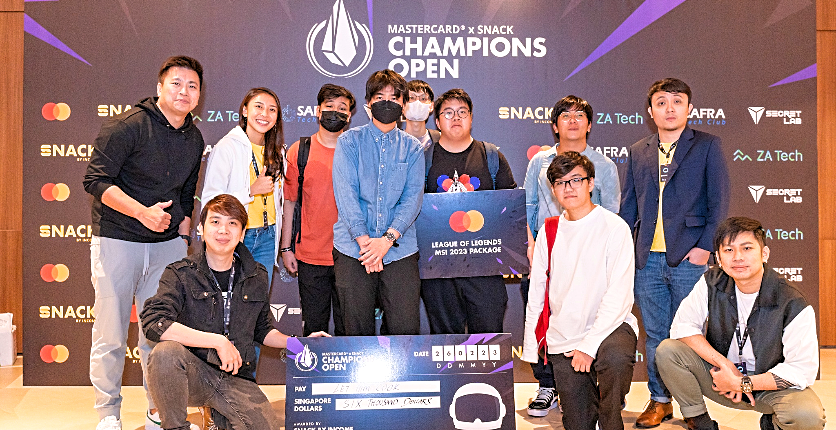
Did you know that SAFRA’s Tech Club has its own community of enthusiastic gamers?
With over 100 members and growing, the club often hosts exclusive gaming competitions, workshops, and social gatherings. Interact with professional gamers, participate in gaming tournaments, and enjoy special discounts on workshops and events!
For fans of MOBA games, they even host watch parties for League of Legends and Dota 2! And that’s not all – the club hopes to work with companies like Omnidesk and SecretLab to provide members with discounts on gaming accessories while hosting SAFRA’s Gaming and Esports Conference!
To find out more register, visit safra.sg/interest-groups/tech-club
Save more with SAFRA! Enjoy special deals and discounts on dining, shopping, entertainment, travel, fitness and more from over 1,500 merchant outlets islandwide. Sign up or renew your SAFRA membership for three years at the price of 1 year ($43.20 inclusive of GST)! Plus, get your spouse and children on board to enjoy the same privileges too – 1st dependent pays $5.40/year, and it’s free for the 2nd dependent onwards. Visit safra.sg/savemore for more details.
Want more articles like this, and other lifestyle content right in your inbox? Download the new SAFRA mobile app and opt in for the eNSman Newsletter – you don’t need to be a SAFRA member to subscribe – and never miss another story!





